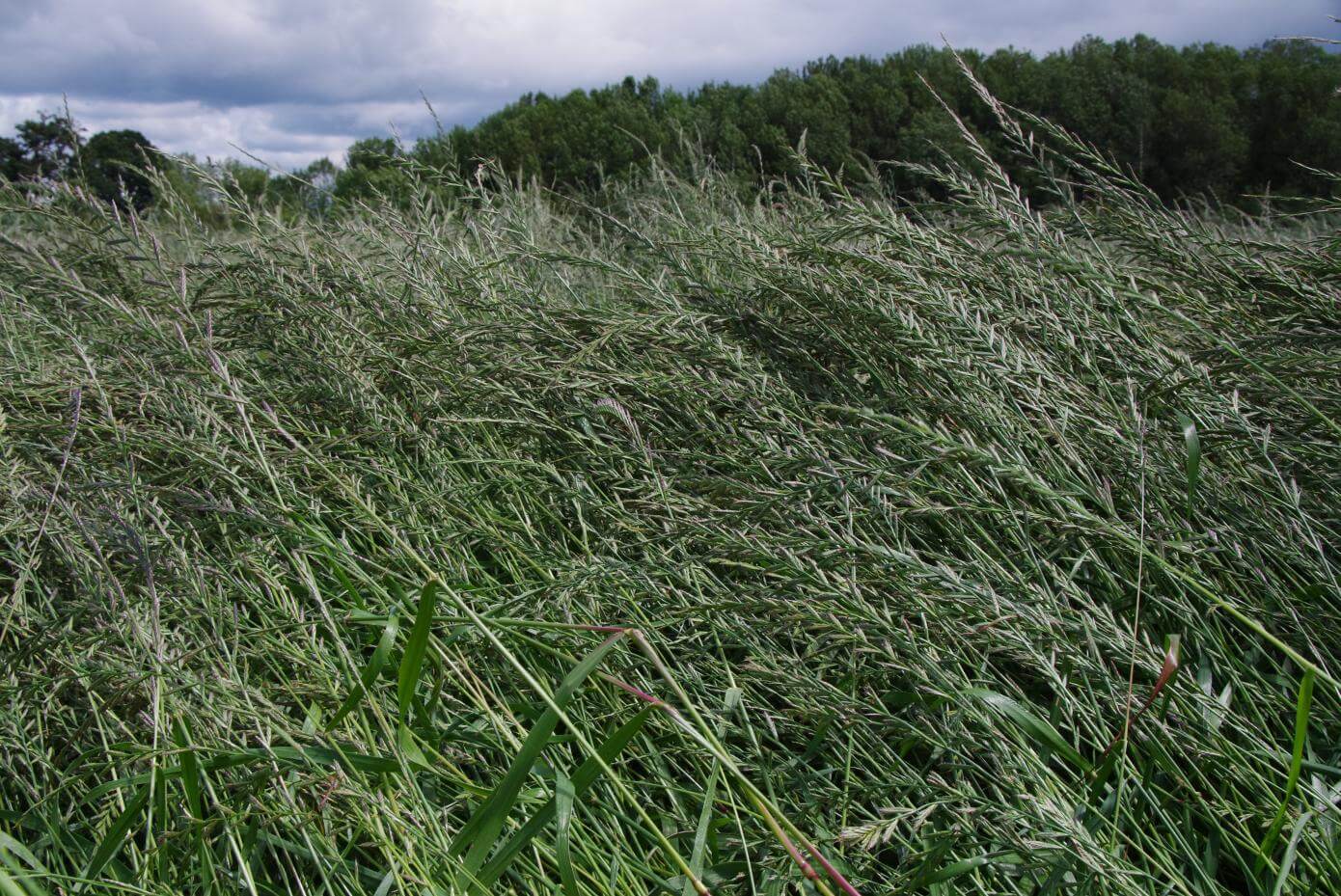Crop Talk
This is the time of year when folks start asking questions about how the crops are looking, when we think harvest will begin, will yields be up or down, and, of course, many questions about price. Without over-speculating, here are some random points to ponder between now and harvest time:
- Overall, the Pacific Northwest is showing signs of an early harvest.
- This year’s winter was warmer, and drier. The drier conditions may affect later harvested crops the most. Farmers with irrigation have been using it.
- The dry winter seems to have been harder on crops with better draining soils and a bit of a boost for crops on the lower, wetter ground. Most of the annual is grown on the wet ground, while the higher ground is used primarily for higher margin crops. Annual ryegrass fields appear to be in good shape, and are actively heading out.
- In general, tall fescue and orchardgrass fields in the South Valley are looking okay as well, with the early tall fescues, like Fawn already pollinating.
- We are getting mixed information on North Valley perennial ryegrass, with reports of thin and weedy fields and others saying the that production looks great.
Meadow Cat’s Tail
Caught by John Herd and renamed by Benjamin Franklin
There once was a grass in England called meadow cat’s tail. It was brought to the states by the early settlers by accident, as most Englishmen treated it as a weed. A fellow named John Herd found it growing in New Hampshire. Mr. Herd was able to plant this grass and grow excellent hay, especially for horses. The grass became know as Herd’s grass/
Another man, Timothy Hanson began cultivating this grass for both hay and seed. In fact, Timothy is the first person recorded in America to grow, process, and sell this seed commercially. It became very popular. So popular that the name actually was changed again. This is where Ben comes in. Apparently someone sent Mr. Franklin a sample of a “new grass seed” in 1747.
But Benjamin Franklin recognized it as the same seed that Mr. Hanson was growing and replied to the sender, “ a sample of the grass, whereby he stated ‘You made some mistake when you intended to favor me with some of the new valuable grass seed ( I think you called it Herd-seed), for what you gave me is grown up, and proves mere Timothy.” The name has since stuck. Sorry, Mr. Herd, you got trumped.
